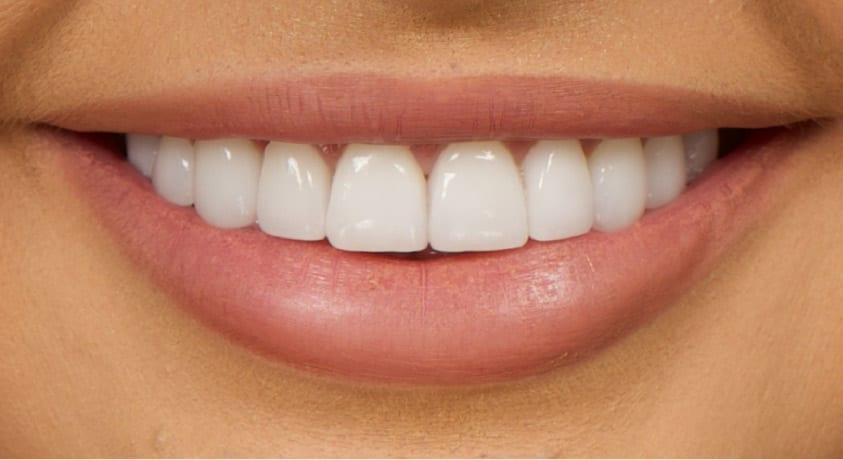Full-mouth dental implants can transform your smile and boost your oral health, but their success hinges on your diet and nutrition during recovery. To ensure a seamless healing journey and lasting results, it’s crucial to follow specific dietary guidelines. This article offers engaging and practical tips to help you navigate your post-implant diet, paving the way for a smooth recovery and a radiant, healthy smile.
What to Know About Full Mouth Dental Implants
Full mouth dental implants involve replacing all of your teeth with implants, providing a permanent solution for missing teeth. The procedure offers numerous benefits, including improved aesthetics, better functionality, and enhanced oral health. During the initial recovery phase, it’s crucial to follow specific dietary guidelines to promote healing and minimize discomfort.
Immediate Post-Implant Diet
In the first 24-48 hours following the surgery, your diet should consist mainly of soft and liquid foods to avoid disturbing the implants and surrounding tissues. Suitable options include smoothies, broths, yogurt, and mashed potatoes. It’s important to avoid hard, crunchy, and spicy foods during this period as they can irritate the surgical sites and impede the healing process.
Soft Diet Recommendations
After the initial phase, transitioning to a soft diet is recommended. Nutrient-rich foods play a vital role in the healing process, providing the necessary vitamins and minerals for tissue repair. Examples of suitable soft foods include scrambled eggs, oatmeal, cottage cheese, soft fruits like bananas and avocados, and steamed vegetables. These foods are gentle on the surgical sites while supplying essential nutrients.
Protein-Rich Foods for Healing
Protein is crucial for tissue repair and recovery after full-mouth dental implants. Incorporate protein-rich soft foods into your diet to aid in healing. Options include fish, tofu, legumes, and protein shakes. These foods support the regeneration of tissues and promote overall recovery. Aim to include a source of protein in every meal to ensure adequate intake.
Hydration and Healing
Staying hydrated is essential for the healing process. Water, herbal teas, and diluted fruit juices are excellent choices for maintaining hydration. It’s advisable to avoid caffeinated and alcoholic beverages as they can lead to dehydration and potentially interfere with the healing process. Proper hydration supports overall health and aids in recovery.
Gradually Reintroducing Solid Foods
As your recovery progresses, you can gradually reintroduce solid foods into your diet. This transition typically occurs over a few weeks, depending on your healing process. Start with soft meats, cooked vegetables, pasta, and rice, ensuring you chew slowly and cut food into small pieces. This approach helps ease the transition and prevents strain on the new implants.
Vitamins and Minerals for Optimal Recovery
Certain vitamins and minerals are essential for optimal recovery after full-mouth dental implants. Key nutrients include Vitamin C, Vitamin D, Calcium, and Zinc. These nutrients support bone health, tissue repair, and immune function. Citrus fruits, leafy greens, dairy products, and nuts are excellent sources of these vitamins and minerals. If necessary, consider supplements, but consult your healthcare provider first.
Foods to Avoid During Recovery
During the recovery period, it’s important to avoid certain foods that can hinder healing or cause discomfort. Hard and crunchy foods such as nuts, chips, and raw vegetables should be avoided as they can irritate the surgical sites. Sticky and chewy foods like caramel and chewing gum should also be avoided as they can stick to the implants.
Additionally, extremely hot or cold foods and beverages can cause sensitivity and should be avoided.
Healthy Eating Habits for Long-Term Success
Developing healthy eating habits is crucial for the long-term success of your full mouth dental implants. A balanced diet not only supports overall health but also ensures the longevity of your implants. Regular meals and snacks help maintain energy levels and prevent nutritional deficiencies.
Additionally, maintaining good oral hygiene and scheduling regular dental check-ups are essential for the long-term success of your implants.
Special Considerations and Dietary Restrictions
If you have dietary restrictions such as allergy intolerances or follow a vegetarian or vegan diet, it’s important to consider these when planning your post-implant diet. Working with a nutritionist or dietitian can provide personalized advice and ensure you meet your nutritional needs without compromising your recovery. Adjust your diet based on your progress, and consult your healthcare provider if you have any concerns.
Conclusion
Following the right diet and nutrition tips after full mouth dental implants is crucial for a successful recovery and the longevity of your implants. A nutrient-rich diet, proper hydration, and gradual reintroduction of solid foods play significant roles in the healing process. By avoiding certain foods and adopting healthy eating habits, you can ensure optimal recovery and maintain the benefits of your dental implants for years to come.
To ensure a seamless healing journey and lasting results, it’s crucial to follow specific dietary guidelines. For personalized advice and expert care, visit TeethXpress today!



